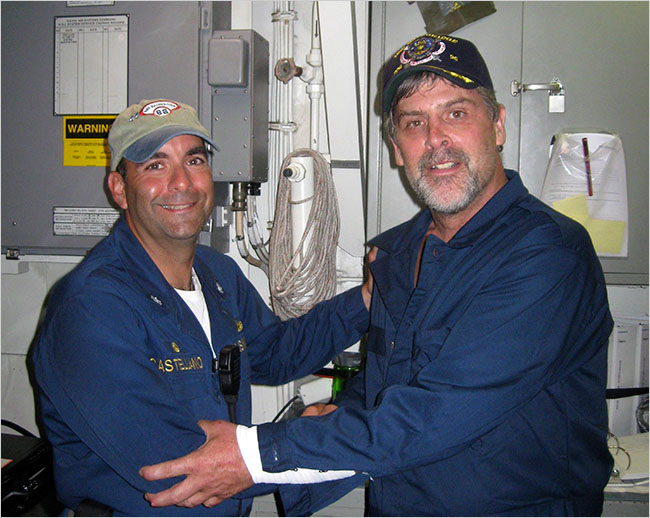She demands: Apologize or…Well, not sure what the stick is, but I wouldn’t want to find out.
Starhawk, one of the nation’s most prominent advocates for Wicca, the modern-day reincarnation of neo-paganism, has an “On Faith” column at the WaPo today calling on Benedict XVI to apologize to witches. (I want to know how you get called by one name, like Starhawk and Benedict, Madonna and Price.) Sounds like a top-bill Thunderdome match up.
In her piece, Starhawk does not cite the pontiff’s remarks regarding superstition (witchcraft, as it was widely interpreted) in Africa, which I wrote about last month at the Wall Street Journal. But it seems that’s what she is referring to:
“How about an apology for the Papal Bull of Pope Innocent the Eighth, in 1484, that made Witchcraft an heresy and unleashed the Inquisition against traditional healers, midwives, and any woman unpopular with her neighbors for being too uppity? It’s high past time to apologize for the Malleus Maleficarum, a vicious document written by two Dominican priests in 1486 that created a whole mythology of Satan worship, attributed it mostly to women, and unleashed a wave of accusations, torture, and judicial murder that have haunted us ever since. An apology won’t do much good, now, to those accused, tormented, and destroyed because someone coveted their property or needed a local scapegoat, nor to their children left motherless or fatherless centuries ago. But it might clear some air.”
Couple of things: It is always good for the church or any community, but especially a religious community, to apologize for the wrongs it has committed. As Starhawk notes, it can seem like too little, too late. Yet it’s a start.
But she doesn’t seem aware that Pope John Paul II and the church as a whole and Joseph Ratzinger, when he was one of JP2’s lieutenants, launched several examinations of conscience in this regard and issued various apologies, most sweepingly during the Jubilee Year of 2000. Penance and atonement are ongoing processes, but Starhawk does seem behind the curve here as far as the history.
Second, Starhawk obviously wants to don the mantle of the persecuted victim:
The Witch persecutions are a suppressed history of abuse. Just as suppressed memories of childhood abuse can hamper us in adult life, suppressed cultural histories still constrain our emotions and our imagination in subtle ways. The Witch persecutions left a residue of fear inside women–that if we speak too loudly or too forcefully, become too strong or visible, we will be attacked. They made imagination, intuition, and magic suspect. They set a pattern that judicial torture is sanctified once your enemy has been labeled ‘evil’. And they made nature herself something a dangerous and suspect.
Well, that history has arguably been overhyped, rather than covered up.
But it is also important to examine one’s own conscience before judging another. And while “witches” (or those who are slottled in various related categories) are too often victims, and the pope acknowledged that in Africa, the “imagination, intution, and magic” that Starhawk cites also fuel terrible abuses and horrific crimes against innocents in Africa and elsewhere. The pope also spoke against that. Did Starhawk? Perhaps she or her clan spoke out against abusive withcraft and superstition and neo-paganism during the papal visit to Africa, but I didn’t see it.

